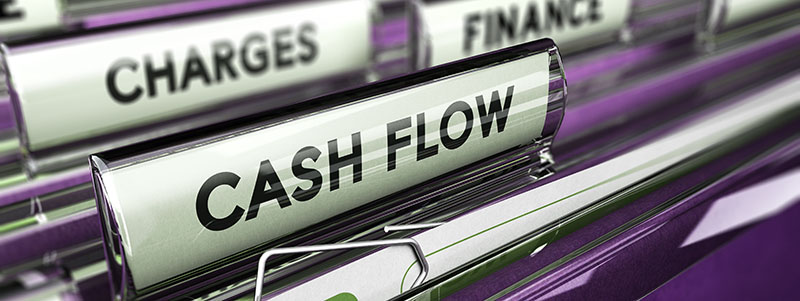02-12-2020
It is well known that the UK Construction and
Civil Engineering Industries have the highest incidence of disputes…many of
which arise from payment issues. Throw a pandemic into the mix, increased
construction delays, non-payment, labour shortages, and cash flow becomes a
struggle for many contractors. The good news is that you can take steps
to reduce your risk of falling foul of payment issues and preventing cash flow
problems….
Reducing
Risk of Cash Flow Problems
Main
Contractors and Subcontractors should take steps to reduce their risk of
falling foul of non-payment. With many businesses affected by Covid-19, there
is an increased risk of payers not being able to pay for work being done or in
fact completed. There is a likelihood of providing goods and services and not
getting paid for them, which means you incur a loss and your own insolvency
risk.
It is important to have a construction contract in place to protect all parties, primarily safeguarding against payments and guaranteeing adequate work, together with how a dispute will be dealt with if one arises. Prior to any agreement being made, contractors should understand the following:
Who are you dealing with and can they pay?
- What is the name of the other party legally, do they exist and are they in the UK?
- What is their risk of insolvency and inability to pay?
- What is their credit worthiness?
o Contract
Credit Limit/Rating?
o What Is
their Net worth?
o What
assets do they have?
o Are there
any CCJs?
o Do any Directors
have history of misdealing?
- How long have they been trading?
- Has the Party been set up specifically for the project?
- Any Personal or Parent Company Guarantee offered?
Who
else is in the ‘food chain’?
Construction projects are by their
nature structured into what could be described as a ‘food chain’. It is a good
idea to understand the parties in that chain. Money flows from the Building
Employer to the Main Contractor, to the Subcontractor and Sub-Subcontractors
and so on. The closer you are to the bottom of the ‘food chain’, the more wary
you need to be. Before payment reaches the bottom, there can be blockages,
contras, insolvencies, deductions and blame on the way.
Understanding
Your Construction Contracts
Once you are happy with your food chain and who you are dealing with, it is vital to ensure that the project goes smoothly, payments due are paid on time and work is kept to schedule, and records are kept. There is an Absolute Right to Payment and an entitlement to Interim Payments if the Works are more than 45 days. Clauses in a construction contract that make conditions to payment are void, for example:
- Sign the Contract or you won’t be paid
- VAT Invoice required before payment
- Provide a bond before payment
- Pay when Certified
- Pay when performance or decision made on another contract, e.g. MGDC on Main Contract
The
Construction Acts
The Construction Acts provide rules
for construction contracts in respect of payment and Adjudication. All commercial
construction contracts and terms (not domestic ones) must comply with the
Construction Acts. If contract terms don’t comply, those terms will be void and
if applicable, The Scheme for Construction Contracts (England and Wales)
Regulations 1998 (Amendment) (England) 2011 will apply.
Suppliers, Consumers/Householders are Excluded,
but can use the Adjudication process through an Adjudication contract clause.
Post
Contract Execution and Final Account Management
To ensure you have done everything
correctly and there is no reason to not be paid, you must ensure that records
are kept, payment notices, including Pay Less Notices, are correctly handled,
and timings are kept to schedule. It is a good idea to take date stamped
photographs throughout the project, minute meetings, keep timesheets/day work
sheets and ensure evidence is contemporaneous, that is given to your Employer
as it occurs. If there are any delays, you should communicate this with your
Employer and if necessary, apply for an Extension of Time.
It is important to keep ahead of the
account, for example, with variation values and producing a Scott Schedule.
Applications for payments need to be on time, include a detailed breakdown,
stating the actual sum due and ensure that it is clear what you are asking for.
What can contractors do if they are not getting paid?
If you are a contractor not getting
paid, you should first try and negotiate a deal. Often communication with your Employer
can resolve the issue before it leads to a dispute. If negotiation fails, then it
is a good idea to use an alternative dispute resolution (ADR) method, such as
Adjudication, Expert Reports, Arbitration or Mediation, which can be cheaper
than Court Proceedings and Solicitors are not necessarily required.
If you would like to discuss your
construction contract or find out more information about our ADR services,
please do get in touch with our expert team on advice@arbicon.co.uk or call
01733 233 737.


